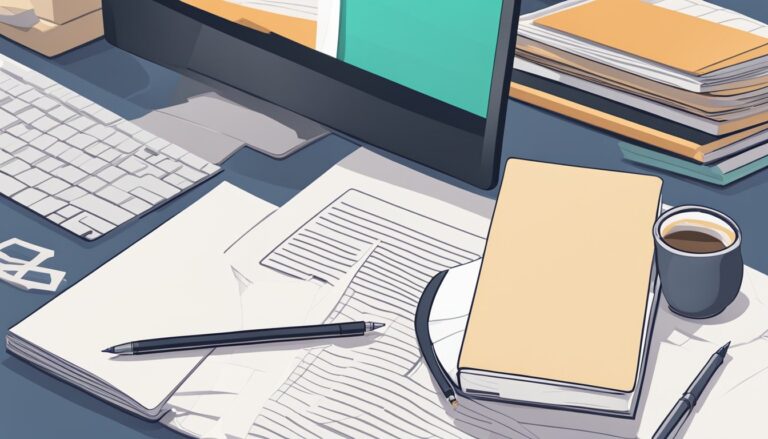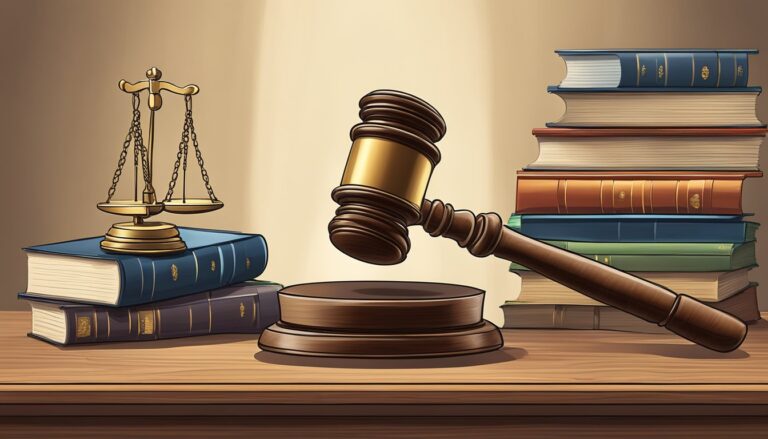110 Interview Questions: Table Tennis Players
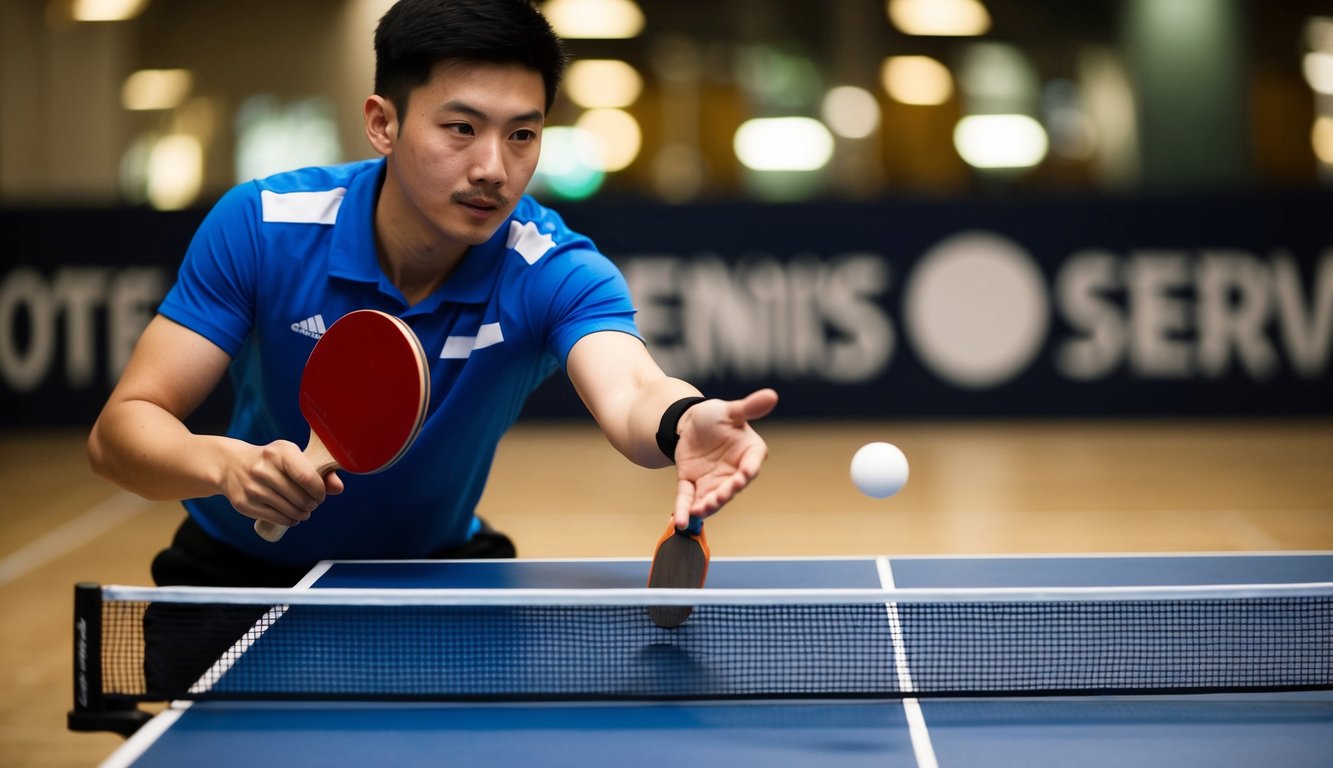
Are you curious about the minds of top table tennis players? Discover the secrets and strategies that drive these athletes to success. This comprehensive list of 100+ interview questions for table tennis players offers insights into their training routines, mental focus, and game-day preparation.
Whether you’re an aspiring player or a fan of the sport, these questions will give you a deeper look into the world of table tennis.
Explore the habits, challenges, and victories that shape a table tennis champion. Uncover what fuels their drive and how they overcome obstacles to stay at the top of their game. This is your chance to get a rare glimpse into the life of a table tennis player.
History of Table Tennis
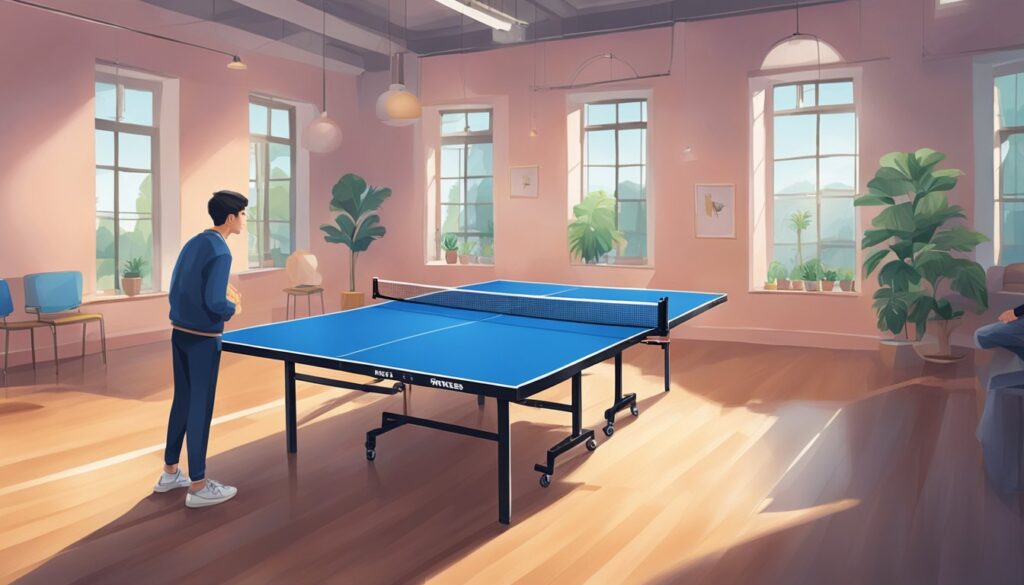
Table tennis, also known as ping-pong, began as a parlor game in England. It has evolved from a social pastime into a global sport played at the Olympic level.
Origins and Evolution
The origins of table tennis date back to the late 19th century. It started in England as an indoor alternative to lawn tennis.
By the early 20th century, the game gained popularity. Official equipment and rules began to take shape. The name “ping-pong” was trademarked by a British manufacturer, soon leading to the wider adoption of “table tennis.”
Today, table tennis is a popular sport worldwide, with players competing for championships at different levels.
Physical and Mental Preparation
Balancing the physical and mental aspects is key for table tennis players. This involves maintaining an effective training regimen, honing focus, and managing stress to perform at your best.
Training Regimen
A structured training routine is essential for building strength and agility. Start with aerobic exercises like running or cycling to improve stamina. Include sessions that focus on quick reflexes and agility with drills such as footwork patterns and multi-ball practices.
Strength training should target arms, shoulders, and core muscles. A common approach is lifting light weights with high repetitions. Table tennis-specific drills that mimic match situations help refine skills. Practicing serves and returns regularly sharpens technique, enabling you to better exploit your opponent’s weaknesses in matches.
Focus and Concentration
Concentration is crucial during a match. Techniques like visualization can help, where you imagine successful shots and strategies before your match. Mindfulness exercises, like controlled breathing, keep your mind clear.
Develop a routine before matches to help focus.
Regular practice in maintaining focus can make it easier to handle distractions and pressure.
Stress Management
Managing stress helps maintain peak performance. Techniques like deep breathing and muscle relaxation can reduce anxiety. Use these during warm-ups and before serving.
Setting realistic goals can help manage expectations and reduce pressure. Break larger goals into smaller tasks you can control. Positive self-talk can boost confidence and keep stress in check.
Consider talking to a sports psychologist if stress becomes overwhelming. They offer strategies to handle competitive pressures and help maintain a balanced mindset.
110 Interview Questions: Table Tennis Players
- What inspired you to start playing table tennis?
Sample Answer: I was inspired by watching my family play during gatherings. - How do you stay motivated during losses?
Sample Answer: I remind myself that every loss is a learning opportunity. - Who is your table tennis idol?
Sample Answer: My idol is X because of his skill and sportsmanship. - What does a typical practice session look like for you?
Sample Answer: My practice includes drills, footwork, and match simulation. - How do you handle pressure during matches?
Sample Answer: I focus on my breathing and remind myself of my training. - What is your favorite table tennis memory?
Sample Answer: Winning my first regional tournament is my favorite memory. - How do you manage nerves before a big match?
Sample Answer: I visualize playing calmly and successfully to manage my nerves. - What is your strategy for improving your game?
Sample Answer: My strategy includes watching videos and getting feedback. - How important is mental training for you?
Sample Answer: Mental training is crucial as it complements physical skills. - How do you balance training with other responsibilities?
Sample Answer: I create a schedule that ensures I have time for everything. - Do you prefer playing singles or doubles? Why?
Sample Answer: I prefer singles because it allows me to rely on my own skills. - How do you develop your playing style?
Sample Answer: I watch different players and incorporate techniques I like. - What role does teamwork play in doubles matches?
Sample Answer: Teamwork is essential for coordinating strategies and support. - How do you maintain focus during long rallies?
Sample Answer: I keep my mind clear and stay concentrated on each return. - How has table tennis influenced your life outside the sport?
Sample Answer: It taught me discipline, patience, and the value of hard work. - What’s your pre-match routine?
Sample Answer: I do some light stretching, warm-up, and listen to music. - How often do you train each week?
Sample Answer: I train about five times a week with sessions lasting two hours. - How do you cope with injuries?
Sample Answer: I follow my doctor’s advice and focus on rehabilitation. - How do you celebrate a win?
Sample Answer: I enjoy a nice meal with friends and family. - What have you learned from your toughest match?
Sample Answer: I’ve learned to stay resilient and adapt my strategies. - How do you approach analyzing your opponents?
Sample Answer: I watch their videos to understand their strengths and weaknesses. - What do you think about during a match?
Sample Answer: I focus on staying positive and on executing my game plan. - How do you celebrate your team’s success?
Sample Answer: We share a meal and enjoy each other’s company. - What’s the best advice you’ve received about table tennis?
Sample Answer: To keep practicing and never give up, no matter the odds. - How do you recharge and relax?
Sample Answer: I enjoy reading books and spending time with loved ones. - What strengths do you bring to your team?
Sample Answer: I bring strong defensive skills and a positive attitude. - How do you deal with tough losses mentally?
Sample Answer: I reflect on what I can learn and move forward. - What’s your biggest goal in table tennis?
Sample Answer: My biggest goal is to compete internationally. - How do you react to criticism?
Sample Answer: I take it constructively to improve my performance. - What qualities make a good table tennis coach?
Sample Answer: A good coach is patient, knowledgeable, and supportive. - What is your favorite thing about table tennis?
Sample Answer: The fast pace and strategy involved excite me. - What’s your go-to move or technique?
Sample Answer: My go-to is the backhand loop because it’s effective. - How do you adapt to different playing surfaces?
Sample Answer: I practice on various surfaces to get comfortable with each. - What’s your proudest achievement in table tennis?
Sample Answer: Winning the national junior championship is my proudest achievement. - How do you handle disagreements with teammates?
Sample Answer: I discuss the issues openly and seek common ground. - What are your thoughts on sportsmanship?
- How do you set goals for each season?
- What qualities do you admire in other players?
- How do you plan your training sessions?
- What are the biggest challenges in table tennis?
- How do you handle the travel involved in competitions?
- How has technology affected your training?
- What’s your favorite equipment brand and why?
- How do you ensure longevity in your career?
- How do you measure success in table tennis?
- What do you think is the future of table tennis?
- How do you prepare for tournaments?
- How do you stay fit and injury-free?
- How do you support your teammates?
- How do you manage time during tournaments?
- What is your strategy for a comeback during matches?
- How do you seek to connect with fans?
- What role does diet play in your training?
- How do you improve after a setback?
- What is your favorite victory and why?
- How do you maintain your equipment?
- How do you build endurance for long matches?
- What new skills are you working on?
- How do you adjust your game for different opponents?
- What do you love most about competing?
- How do you balance competitiveness with friendship?
- How do you keep up with changes in the sport?
- How do you handle unexpected changes in match conditions?
- How have you grown as a player over the years?
- How do you involve your family in your sports career?
- How do you contribute to promoting table tennis?
- How do environmental factors like lighting affect your play?
- How do you handle playing against a friend?
- How do you train for both physical and mental toughness?
- How do you express your passion for table tennis?
- What’s the one skill you wish you had mastered earlier?
- How do you share your passion for table tennis with others?
- How does playing table tennis affect your daily life?
- What are you currently learning to improve your game?
- How do you develop trust with a new coach?
- How do you prepare mentally for a finals match?
- How do you organize your gear for tournaments?
- How do you stay mentally fresh during a tournament?
- How do you keep table tennis fun?
- How do you build a rapport with your teammates?
- What’s your favorite table tennis venue?
- How do you approach playing in high altitudes?
- How do you maintain passion for the sport?
- How do you navigate language barriers in international matches?
- How do you use analytics to improve your game?
- How does representing your country impact your passion for the game?
- How do you ensure you’re constantly improving?
- How do you handle media attention?
- How do you help mentor younger players?
- What’s your least favorite aspect of playing table tennis?
- How do you use technology in training?
- How do you handle jet lag for international tournaments?
- How do you apply lessons learned in matches to your life?
- How do you prepare for playing well-known opponents?
- How do you decide when to change equipment?
- How do you stay inspired during tough seasons?
- How do you maintain friendships with competitors?
- How do you manage your time effectively?
- How do you learn from your mistakes?
- How do you share your wins and losses with your supporters?
- How do you use footwork to your advantage?
- What’s the best part of being a table tennis player?
- How do you encourage others to take up table tennis?
- What motivates you to keep improving every day?
- How do you express your passion during a match?
- What’s the most valuable lesson table tennis has taught you?
- How do you keep matches enjoyable even when losing?
- How do you overcome language barriers with international teammates?
- How do you adjust your play for different weather conditions?
- How has your passion changed since you started playing table tennis?
Understanding the Table Tennis Sport
Table tennis is a fascinating sport involving specific rules, specialized equipment, varied techniques, and significant achievements. Understanding these aspects can enhance your experience and appreciation of the game.
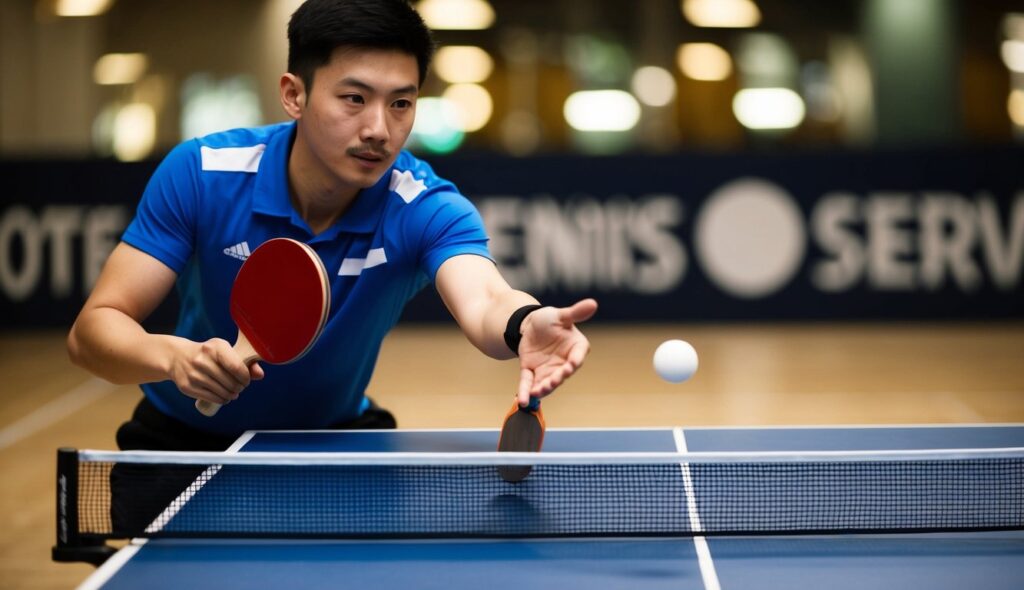
Equipment and Gear
Selecting the right equipment is crucial. You need a paddle, sometimes called a racket or bat, consisting of a wooden blade and rubber covering. Blade thickness and rubber type affect speed and spin. Proper shoes offer grip, aiding quick movements during play.
Choose gear that matches your playing style. Many prefer lighter paddles for faster play, while heavier ones offer more control. Quality gear contributes significantly to your performance.
Playing Techniques and Styles
Mastering various techniques boosts your performance. Key shots include forehand and backhand, each requiring precise timing and positioning. Spins like topspin and backspin alter ball trajectory, making them challenging to return.
Players often adopt distinct styles. Aggressive players focus on speed, aiming to overpower opponents quickly. Defensive players counter with slower, spin-heavy shots. Understanding your opponent’s style helps you anticipate and counter shots effectively.
Developing a Narrative
Every match tells a story. Your approach and strategy shape this narrative. Analyze your strengths and weaknesses, setting goals that guide your practice sessions.
Strengthen areas like footwork and reaction times, and adjust tactics mid-match for the greatest chance of success.
Confidently adapting to unexpected challenges enhances your play. Maintain focus and composure to outsmart opponents. Crafting a winning strategy involves skill, patience, and insight into the game’s dynamics.
Achievements and Highlights
Strive to add your name to this history. Participating in local tournaments gives you a platform to showcase your abilities. Celebrate your successes, learn from defeats, and aim for continual improvement for future accolades.
Frequently Asked Questions Table Tennis Players
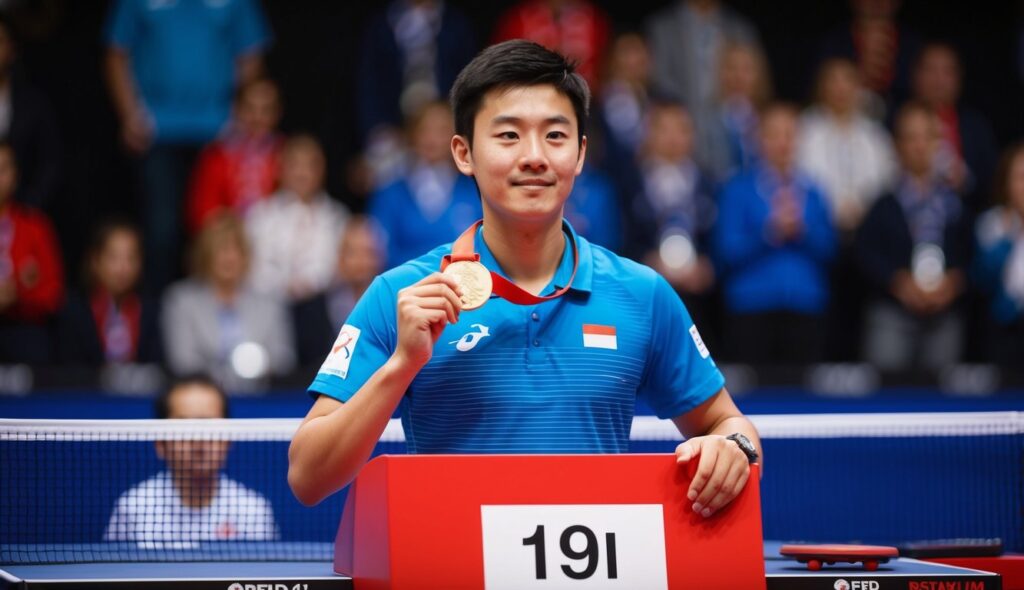
For competitive table tennis, effective training, mastering essential skills, and understanding mental aspects are crucial. Equipment technology continues to evolve, and understanding playing styles makes a big difference.
How does one effectively train for high-level table tennis competition?
To train effectively, focus on improving footwork, reflexes, and precision. Consistent practice with a variety of opponents helps increase adaptability.
Physical conditioning and drills on spin and speed are essential components.
What are the essential skills required to excel in table tennis?
Core skills include quick reflexes, precise hand-eye coordination, and the ability to read spin. Strong footwork and strategic shot placement give you an edge. Practice these skills consistently.
Can you describe the mental aspects of table tennis and how they affect performance?
The mental game in table tennis involves concentration, composure, and confidence under pressure. Handling competitive stress can affect your performance.
Visualization and mental resilience are important tools for staying focused during matches.
How has the technology of table tennis equipment evolved over the years?
Advancements in paddle materials and ball construction have impacted game dynamics. Modern paddles offer better control and spin. Technology changes have also led to the development of faster and more durable equipment.
What are the major differences between offensive and defensive playing styles in table tennis?
Offensive styles involve aggressive shots and quick rallies, aiming for speed and spin to overpower opponents. Defensive styles focus on control, returning shots, and waiting for the opponent to make a mistake.
Knowing your style can help guide your training and match play.
All the Best !


